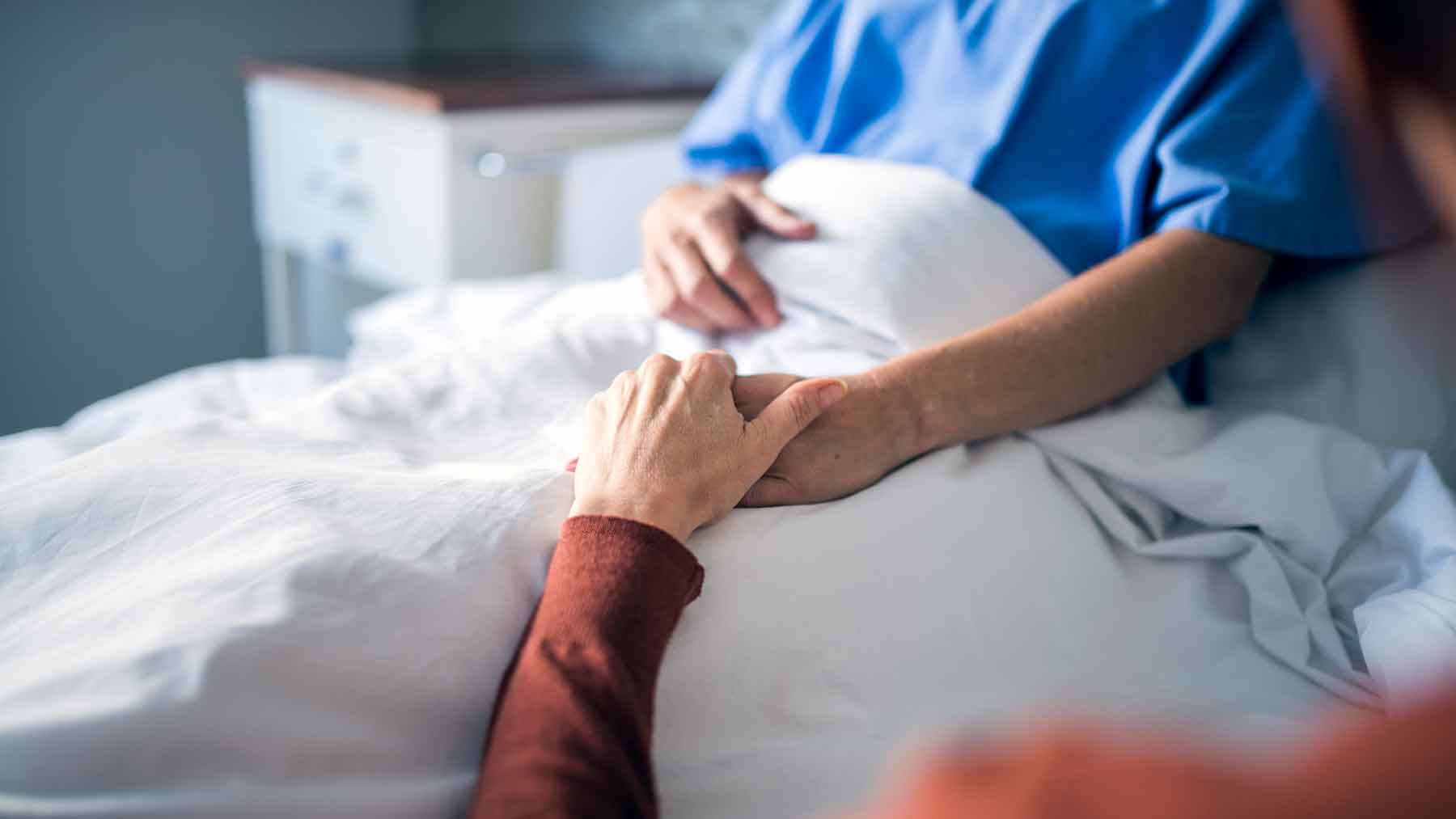Dos and don’ts of visiting someone in the hospital

When a friend, family member or loved one is in the hospital, your first instinct is to visit them and show your respects, whether it be due to an illness, injury or accident. Stepping into the hospital environment can be intimidating and scary. Here are some things you should remember when visiting a hospital patient.
What are the most common things that hospital visitors do that they shouldn't?
It's very important to not overstay your welcome when visiting a hospitalized patient. Patients need rest during their stay, and hosting visitors for an extended period can be draining--both physically and emotionally. The length of the visit should be proportional to how well you know the patient, but I’d recommend limiting the visit to one hour or less. If a physician enters during your visit, it's polite to step outside of the room until the conversation is over.
When is the best time to visit someone in the hospital?
The best time to visit a hospitalized patient is in the early evening. The hospital is typically humming with activity throughout the day, when patients are often scheduled for tests, procedures and staff are frequently entering and exiting the room. Toward late afternoon, the hospital tends to slow down a bit. By visiting later in the day, you'll have a better chance of having an uninterrupted visit. Weekends are another great opportunity to visit, as the hospital is usually quieter.
What are a few important things visitors should do before/after visiting the hospital?
Before traveling to the hospital, call to check the visitation policy. Certain units have strict visiting hours and some have policies that restrict the number of visitors. It’s common for young children to be restricted from visiting. If you have any signs of illness, such as fever, runny nose, nasal congestion or cough, it’s recommended that you postpone your visit until you’re well. After arriving at the hospital, check in with the nurse before entering the room to see if any personal protective equipment is required to prevent communicable disease. Washing your hands or using hand sanitizer when you enter or exit a hospital room is one of the most important things you can do to prevent the spread of germs.
Is it OK to bring gifts?
Bringing gifts is a fantastic idea, but isn’t necessary. The presence of a familiar face is often the best present a patient can receive in the hospital. If you do choose to bring a gift, bear in mind that hospital rooms are often small and storage space is limited. A large bouquet of flowers or balloons may seem like a nice gesture, but it may end up making the room feel crowded. Before visiting, I recommend checking in with the patient or a family member to see if they have any gift requests. Maybe there’s a book they’ve been wanting to read, a new issue of a favorite magazine or newspaper, or a small item that reminds them of home that you can bring in. Coloring books, puzzle books and card games also make nice gifts. If you’re thinking about bringing in outside food, check with the nurse or physician first. Patients are often on specialized medical diets and may have certain dietary restrictions.
Sean Ankrom is a hospitalist at The Ohio State University Wexner Medical Center.




